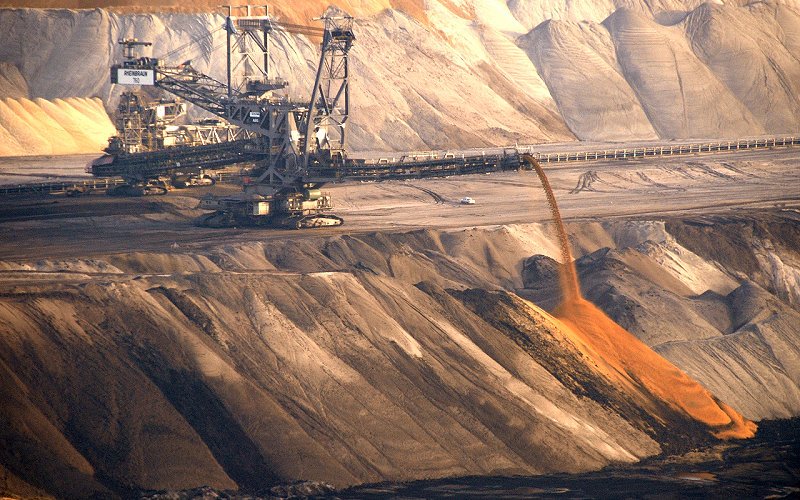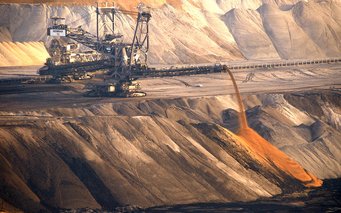Scholars discuss the formalization and implications of the Anthropocene
The Anthropocene Working Group holds a meeting at Max Planck Institute for Chemistry in Mainz
Humans have had a large impact on Earth. Industrialization, agriculture, urbanization and global warming have led to measurable changes in the composition of the atmosphere, oceans, soils and sediment layers. In the year 2000, Nobel Laureate Paul Crutzen, an emeritus director at the Max Planck Institute for Chemistry, suggested a new term for this epoch, that has been profoundly altered by human activities - The Anthropocene.
Despite growing use of the term in scientific literature, it had not been investigated as a potential geological time unit until a paper published in 2008. This spurred the Subcommission on Quaternary Stratigraphy (SQS), the body responsible for classification of the past 2.6 million years of Earth history, to invite the lead author of that paper, Prof. Jan Zalasiewicz from the University of Leicester, to establish a team to investigate the veracity of the term. A year later, in 2009, the Anthropocene Working Group (AWG) was established.

The Group has currently 35 members. Among them are classical stratigraphers, geologists who investigate the classification of geological strata, as well as Earth System scientists, ecologists, archaeologists, oceanographers, historians, a soil scientist and an international lawyer. Earlier group meetings have been held in Berlin (2014), Cambridge (2015), Oslo (2016) and Mainz (2017).
The Max Planck Institute for Chemistry (MPIC) in Mainz hosts the next gathering. Between the 5th and 8th of September, the AWG members and further invited participants will discuss the scholarly basis and societal implications of the Anthropocene. “We are pleased to host the meeting in Mainz again because the term Anthropocene was coined by Paul Crutzen and is thus closely related to the scientific research of our Institute,” says Prof. Ulrich Pöschl, managing director of the MPIC. Apart from that the group members will discuss details of the process for proposing a formal definition for the Anthropocene as a geological time unit. “We expect news on the progress of identifying the potential location of candidate reference boundary sites, the so called ‘Global Boundary Stratotype Section and Point’ (GSSP), commonly known as a ‘golden spike’”, says Colin Waters, honorary professor at the University of Leicester and AWG Secretary.
The scientists also are hoping to develop research on specific sites in a broad range of environments such as lake and sea-bed sediment, in ice cores from the poles, in peat, trees and caves. Furthermore, they are aiming to develop ideas on what key environmental markers need to be investigated for each setting and how such data can be acquired. “Also, we hope the meeting in Mainz will help develop new ideas as to how to open up discussion of the Anthropocene outside of the natural sciences”, adds Prof. Zalasiewicz.
